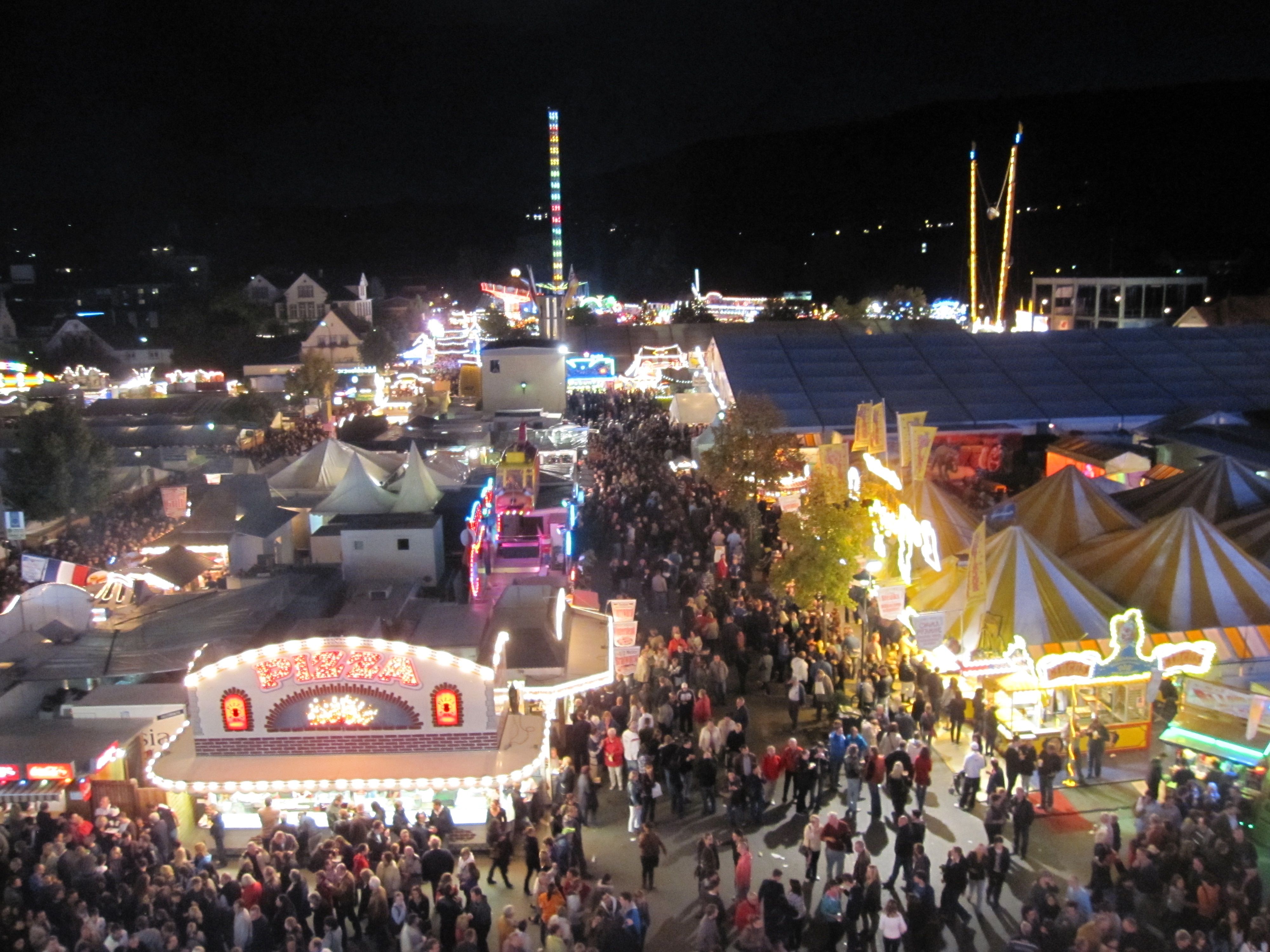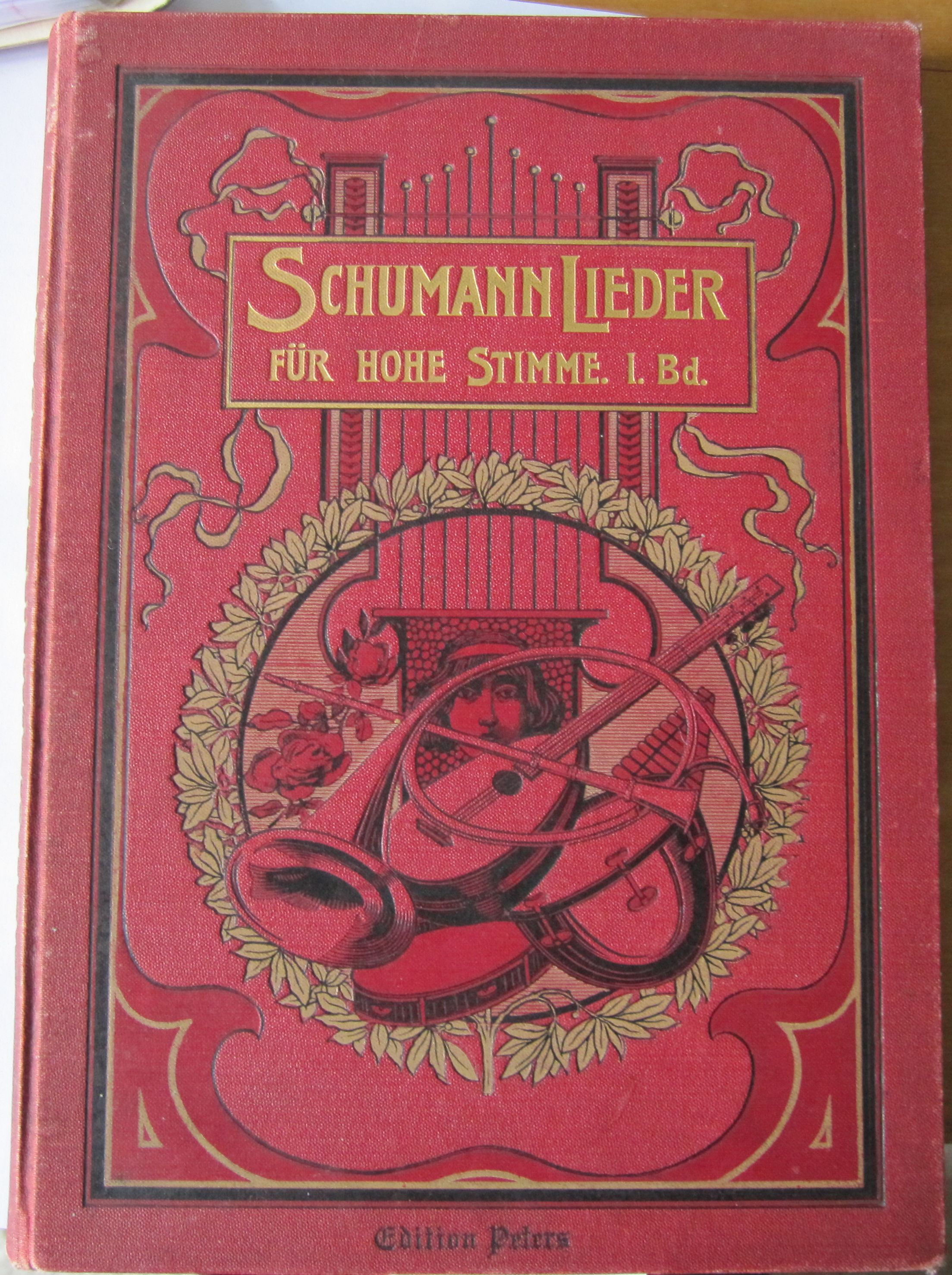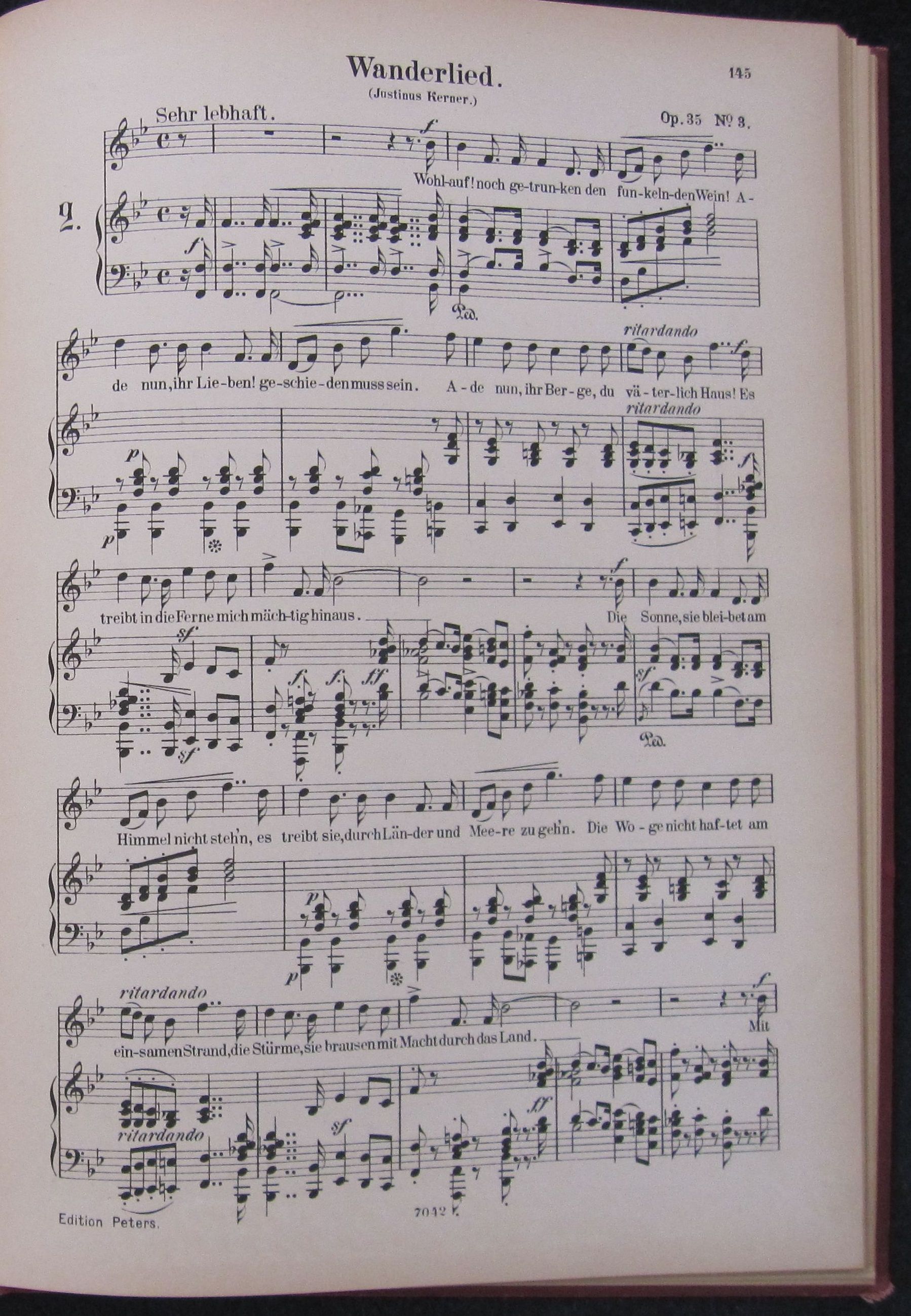 Since starting this thesis project, I’ve been blown away by German folk music.
Since starting this thesis project, I’ve been blown away by German folk music.
At the Bad Duerkheim Wurstmarkt last September, I followed my ears to live music I heard playing in one of the tents.
“Don’t go in there!” my German cousin Matthias warned.
“Why not? Isn’t this the real Germany?”
Inside the tent, an oompah band was playing, complete with accordion, brass, and woodwinds. The barmaids wore short flouncy skirts, their breasts spilling from low-cut blouses as they leaned low to serve the customers. On stage, a man led people in song, shirtless, wagging his hips and waving his arms in the air. In the mostly gray-haired crowd, people swayed and sang and waved their arms in the air, too.
“There are so many other great music choices,” Matthias yelled, clearly embarrassed.
He was right. Though I couldn’t understand most of the words, the songs and the singers seemed silly and burlesque. Nothing like what I’d been coming across in my research, nothing like what had captivated me about the 19th century folk music. We didn’t stay long enough for a wine spritzer.
 When I visited Wolf in Berlin, I found a book on his shelves of folk songs set to music by Schumann. I particularly love this Wanderlied. (text and translation at the link provided)
When I visited Wolf in Berlin, I found a book on his shelves of folk songs set to music by Schumann. I particularly love this Wanderlied. (text and translation at the link provided) 
In honor of the December season, some beautiful Christmas songs are of German origin, too, like “Lo, How a Rose E’er Blooming” and “Silent Night.” I can still hear my grandmother singing to me in German: “Stille Nacht, Heilige Nacht …”
